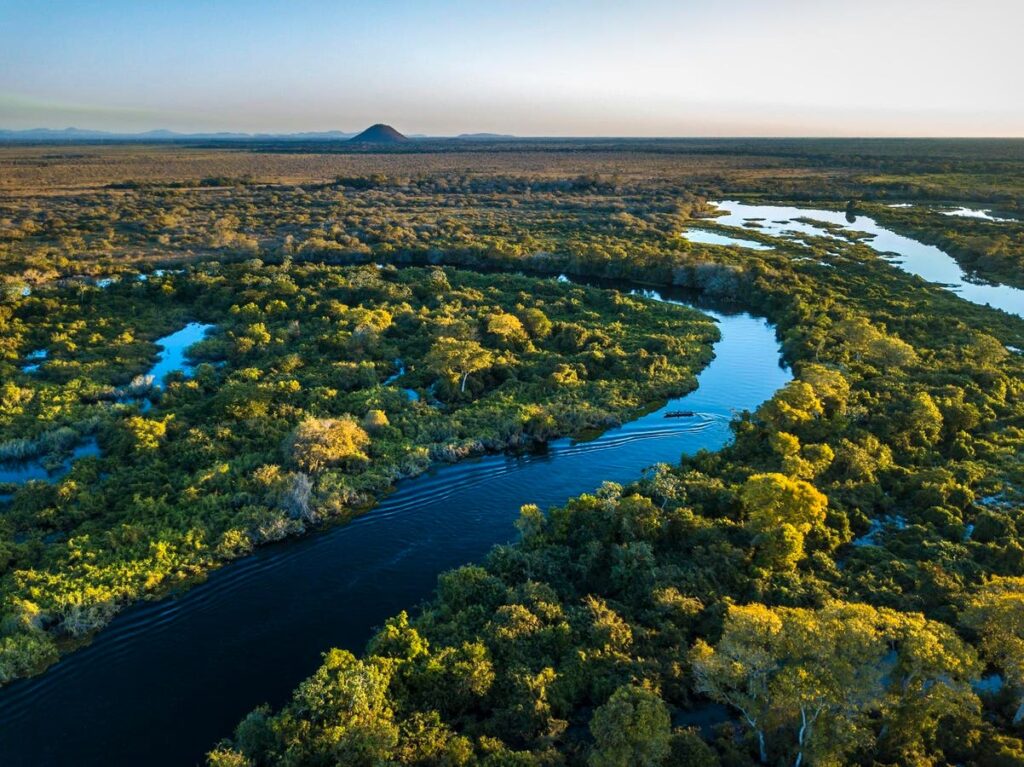The United Nations Biodiversity Conference, known as COP 16, is taking place this week in Colombia, bringing together global leaders, environmental advocacy groups, and business executives to discuss urgent biodiversity issues. A key focus will be to assess the implementation of the Kunming-Montreal Global Biodiversity Framework, a significant agreement adopted by 196 countries in 2022 aimed at preserving, enhancing, and restoring natural ecosystems while addressing the biodiversity finance gap between nations. This meeting also aims to elevate the visibility of biodiversity issues, which, despite being compared to the Paris Agreement for climate change, have not garnered the same attention or urgency on the global stage.
Despite the framework’s ambitious objectives, alarming news emerged prior to COP 16: over 80% of the countries that signed the agreement failed to submit their plans by the deadline, suggesting a widespread lack of preparedness and commitment. Additionally, business participation has lagged significantly compared to support for climate initiatives. Few companies have voluntarily adopted nature strategies, with many remaining passive regarding biodiversity risks. Experts suggest that this inaction is about to shift, driven by emerging regulatory pressures and financial implications that may compel businesses to confront their impacts on natural ecosystems more seriously.
As the landscape of sustainability evolves, sustainability risks are becoming increasingly recognized as financial risks. New regulations such as the European Union’s Corporate Sustainability Reporting Directive and the Global Reporting Initiative’s biodiversity standards will require companies to disclose their biodiversity-related risks and dependencies starting in the next few years. These mandates are crucial in transforming how companies view environmental risk, compelling them to align their sustainability initiatives with financial accountability. The International Financial Reporting Standards Foundation’s move to incorporate biodiversity and ecosystems into its research further underscores the growing significance of nature-related financial reporting, which can lead to serious consequences for companies that ignore these emerging challenges.
In a pivotal development, Bloomberg has launched a new data and analytics platform at COP 16 to assist investors in evaluating companies’ nature-related impacts, aiming to facilitate better informed investment decisions. This technological advancement represents a broader shift towards quantifying biodiversity risks as integral to financial performance. By linking ecological accountability with the financial bottom line, businesses may be compelled to prioritize biodiversity initiatives—placing them alongside traditional business metrics such as profit margins and growth targets. The combination of government action, corporate accountability, and investor scrutiny is expected to create a robust framework that businesses will find increasingly difficult to overlook.
However, the journey toward integrating biodiversity considerations into corporate strategies is fraught with challenges. The complexities involved, especially in manufacturing and supply chains, hinder many companies from accurately tracking their ecological impacts. Factors such as identifying every ingredient in a product and assessing its potential environmental harm complicate the process. Furthermore, the need to establish effective data management and risk assessment processes adds another layer of difficulty for organizations striving to mitigate their biodiversity footprint. As the international community refocuses on foundational biodiversity principles, businesses must re-evaluate their strategies to ensure they are aligning with emerging regulations and expectations.
Reflecting on the legacy of environmental advocacy, the call for corporate accountability in biodiversity is not a new concept. Historical figures like Rachel Carson ignited the conservation movement with their insights into the environmental impact of human activities. Yet, as corporate sustainability gains momentum, the industry’s attention has increasingly been directed toward issues like greenhouse gas emissions and decarbonization, often sidelining biodiversity. As pressure mounts from regulators and stakeholders, companies need to recognize that understanding and managing their biodiversity risk is no longer optional—it is essential for sustainable business practices. The outcomes of COP 16 will be critical in shaping how businesses approach biodiversity in the coming years, setting the stage for a more sustainable future that balances financial interests with ecological responsibility.

